Today we live in a society, which can not imagine life without expressing views on social media. Probably it does have certain advantages. Nevertheless, many participants of active discussions have already forgotten or do not even know about the developments, which unfolded in Armenia 5, 10 or 15 years ago.
To fill the gap Mediamax presents 5/10/15 project, which introduce developments in Armenia 5, 10 and 15 years ago.
• 15 YEARS AGO: APRIL 22-28, 2004
Fischer in Yerevan
On April 22 Armenian President Robert Kocharyan and German Foreign Minister Joschka Fischer discussed the normalization of Armenian-Turkish relations in Yerevan.
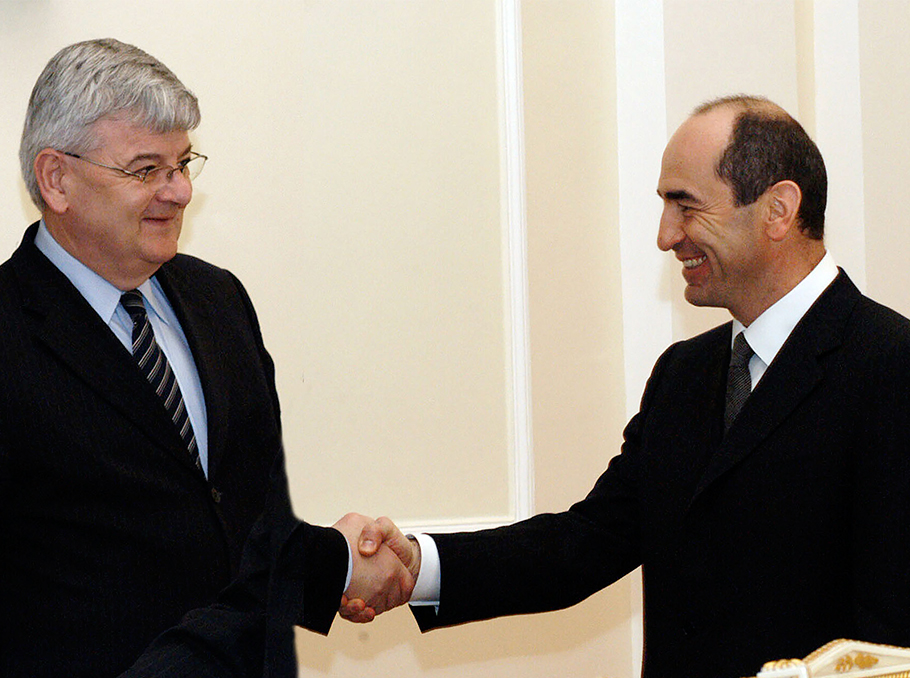 Robert Kocharyan and Joschka Fischer
Robert Kocharyan and Joschka Fischer Photo: Photolure
In reply to Mediamax’s question about Germany’s stance on the attempts to link the normalization of Armenian-Turkish relations to the Nagorno-Karabakh conflict settlement, Joschka Fischer said that “putting forward preconditions does not contribute to solving the problems in the region”. The Foreign Minister of Germany pointed out that “neighbors must make compromises that will allow them to reach an agreement”.
The assault on Manucharyan
On the same day an opposition politician, member of “Karabakh” committee Ashot Manucharyan was beaten up in the afternoon by two strangers on a quiet side-street just a few dozen meters away from the Yerevan public prosecutor’s office.
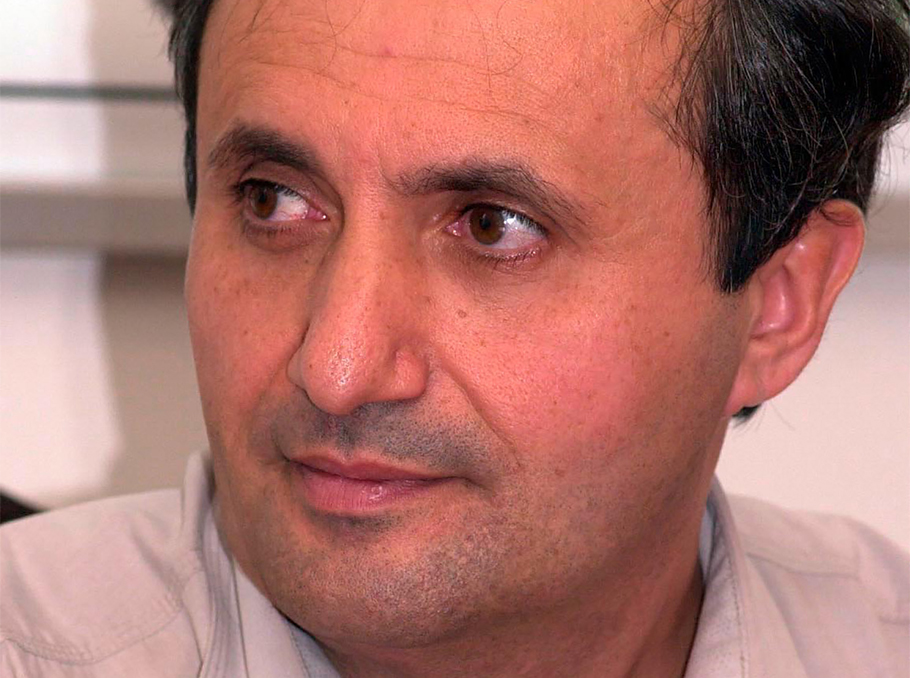 Ashot Manucharyan in 2004, before the attack
Ashot Manucharyan in 2004, before the attackPhoto: Photolure
The assault lasted around three minutes. Manucharyan was taken to hospital with various injuries and wounds.
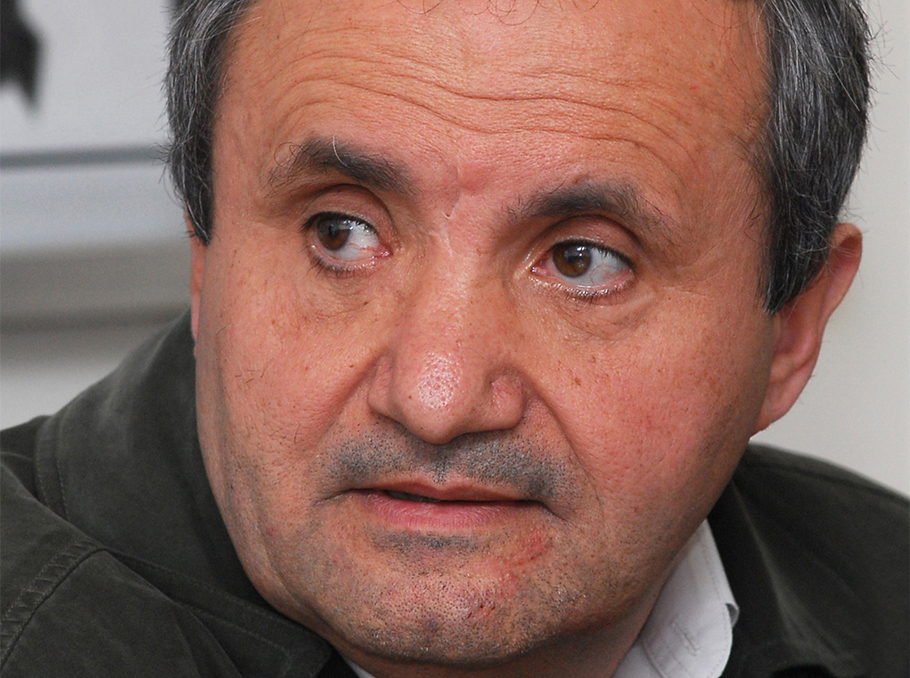 Ashot Manucharyan in 2010
Ashot Manucharyan in 2010Photo: Photolure
“They underestimated the Azerbaijani factor”
On April 26 Armenian Foreign Minister Vardan Oskanyan stated that the Turkish government “underestimated the Azerbaijani factor”.
“The start of our relations with the new Turkish government was good. Beginning last year, I have had three meetings with Turkish Foreign Minister Abdullah Gul. The first meeting was good, the second - less so, and the third one was bad. First, we concentrated on bilateral themes.
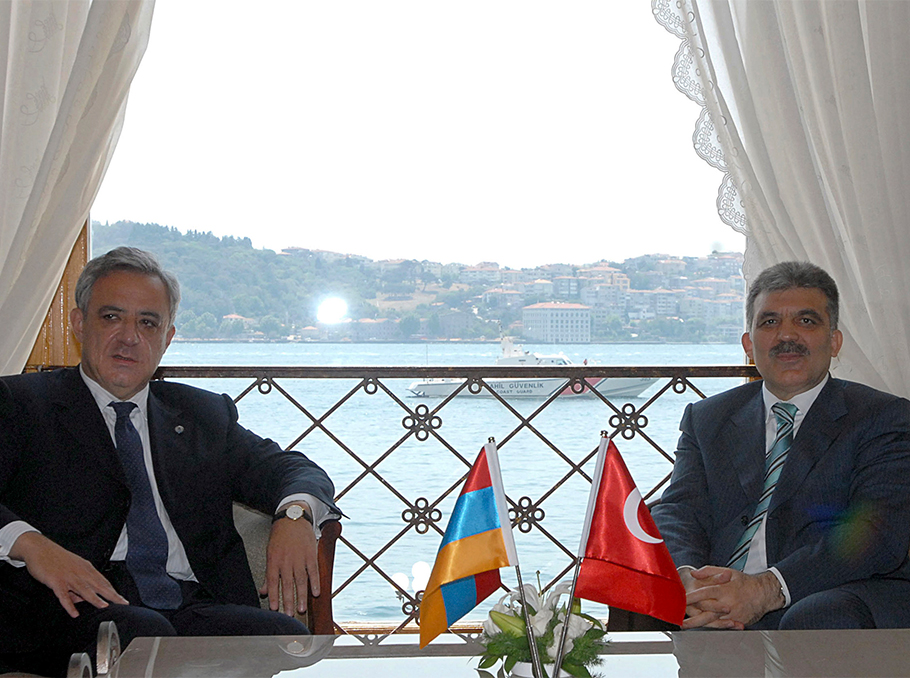 Vardan Oskanyan and Abdullah Gul in 2003
Vardan Oskanyan and Abdullah Gul in 2003Photo: REUTERS
During the second meeting, we discussed the Nagorno-Karabakh conflict as well, and during the third one the Karabakh issue became a precondition for normalizing relations. Thus, we remained on the same positions we were during the former Turkish government,” Armenian Foreign Minister said in the interview to German newspaper Frankfurter Allgemeine Zeitung.
In response to the question why the Turkish government had abandoned its former flexible position, Oskanyan said:
“It underestimated the Azerbaijani factor. When the present government came to power, they thought they could do anything that is considered necessary. But then they found out they could not ignore the Azerbaijani factor.”
• 10 YEARS AGO: APRIL 22-28, 2009
The Armenian-Turkish roadmap
On April 22, 2009 Ministries of Foreign Affairs of Armenia and Turkey and the Swiss Federal Department of Foreign Affairs issued a joint statement, which was disseminated in Yerevan early in the morning of April 23.
“Turkey and Armenia, together with Switzerland as mediator, have been working intensively with a view to normalizing their bilateral relations and developing them in a spirit of good-neighborliness, and mutual respect, and thus to promoting peace, security and stability in the whole region. The two parties have achieved tangible progress and mutual understanding in this process and they have agreed on a comprehensive framework for the normalization of their bilateral relations in a mutually satisfactory manner. In this context, a roadmap has been identified. This agreed basis provides a positive prospect for the on-going process,” the statement read.
On the same day Acting Spokesman of the U.S. Department of State Robert Wood also made a statement:
“The United States welcomes the statement made by Armenia and Turkey on normalization of their bilateral relations. It has long been and remains the position of the United States that normalization should take place without preconditions and within a reasonable timeframe. We urge Armenia and Turkey to proceed according to the agreed framework and roadmap. We look forward to working with both governments in support of normalization, and thus promote peace, security and stability in the whole region.”
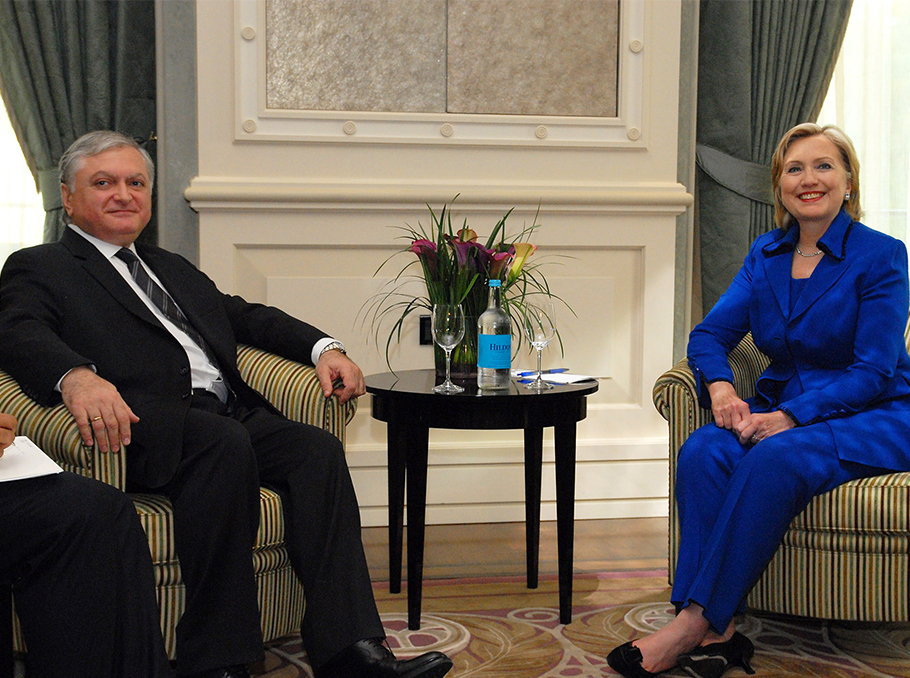 Hillary Clinton and Edward Nalbandian
Hillary Clinton and Edward Nalbandian Photo: Photolure
On April 27, U.S. Secretary of State Hillary Clinton welcomed the joint statement of Armenian and Turkish Foreign Ministers during a phone conversation with Armenian FM Edward Nalbandian, calling it a “historic step” along the path of establishing normal bilateral relations.
“Meds Yeghern”
In his annual address to the Armenians of America on April 24, U.S. President Barack Obama twice used the definition “Meds Yeghern” (“the great catastrophe”), which Armenians use to note the Armenian Genocide of 1915.
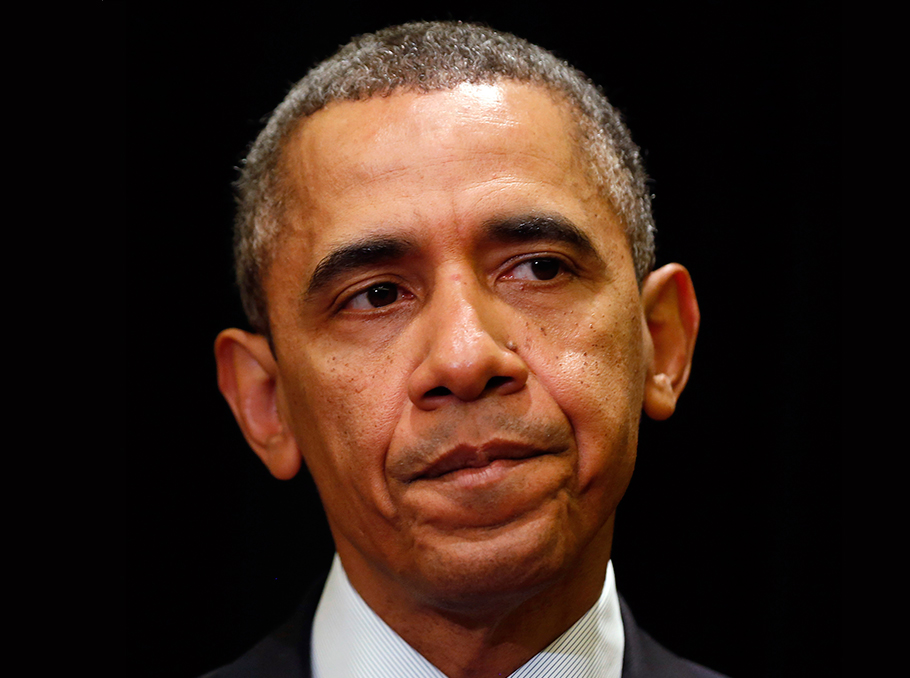 Barack Obama in April 2009
Barack Obama in April 2009Photo: REUTERS
Obama refrained from the term “genocide”, at that noting that “my view of that history has not changed”.
“I have consistently stated my own view of what occurred in 1915, and my view of that history has not changed. My interest remains the achievement of a full, frank and just acknowledgment of the facts,” Obama said in the address.
ARF leaves the coalition
On April 27 “Dashnaktsutiun” party (ARF) left the ruling coalition in Armenia.
Head of the Supreme Body of “Dashnaktsutiun” Armen Rustamyan cited “insurmountable discords” in foreign policy issues as the reason for the move, in particular, the disagreement of the party with the policy of Armenian leadership on normalization of relations with Turkey.
• 5 YEARS AGO: APRIL 22-28, 2014
“Political degradation”
On April 22 former President of Armenia Robert Kocharyan stated that “the country has no urgent issue the solution of which is impeded by the current Constitution”.
“The authorities are the sole initiators of this reform; their explanations sound unconvincing and are extremely vague, which is why the society started doubting the true purposes of the offered amendments,” he said in the interview published on 2rd.am website.
“What they offer is a drastic change in the country’s public administration model and we need unequivocal guarantees that the reform is not aimed at serving the interests of the ruling elite and will not become an instrument for its reproduction. Any change in the Constitution under the current purposes of politicians is a sign of the country’s political degradation,” said Kocharyan.
Erdogan’s condolences
On April 23 Turkish Prime Minister Recep Tayyip Erdogan conveyed his condolences to the grandchildren of Armenians who “lost their lives in the context of early 20th century”.
“The 24th of April carries a particular significance for our Armenian citizens and for all Armenians around the world, and provides a valuable opportunity to share opinions freely on a historical matter. It is indisputable that the last years of the Ottoman Empire were a difficult period, full of suffering for Turkish, Kurdish, Arab, Armenian and millions of other Ottoman citizens, regardless of their religion or ethnic origin. Any conscientious, fair and humanistic approach to these issues requires an understanding of all the sufferings endured in this period, without discriminating as to religion or ethnicity,” the statement read.
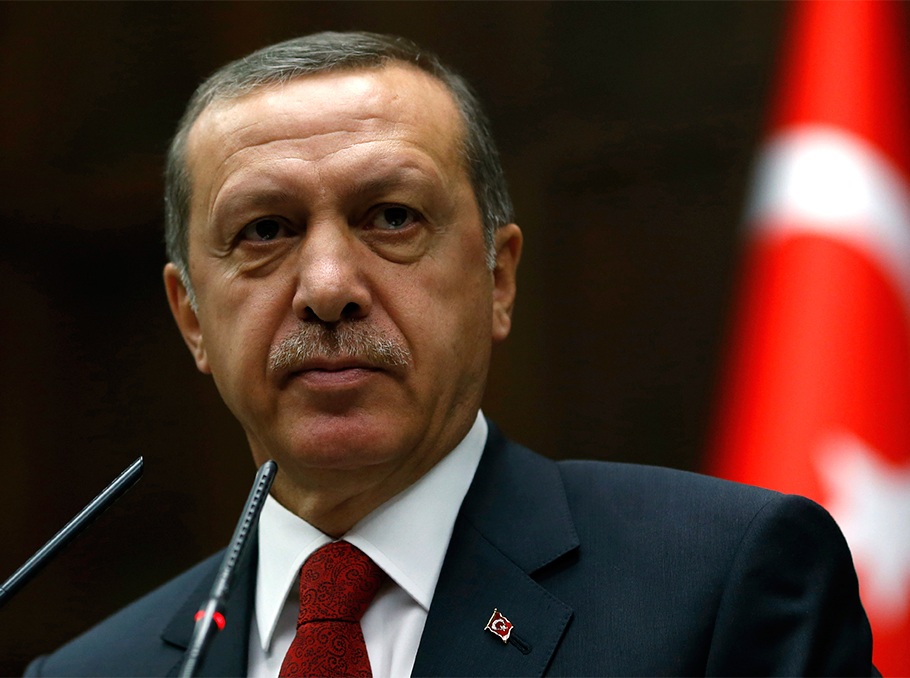 Recep Tayyip Erdogan in April 2014
Recep Tayyip Erdogan in April 2014Photo: REUTERS
“It is our hope and belief that the peoples of an ancient and unique geography, who share similar customs and manners will be able to talk to each other about the past with maturity and to remember together their losses in a decent manner, and we wish that the Armenians who lost their lives in the context of the early twentieth century rest in peace, and we convey our condolences to their grandchildren,” said Erdogan.
“We don’t want to choose among friends”
On April 25 Armenian President Serzh Sargsyan noted: “We don’t want to choose among friends, but we want to have as many friends as possible.”
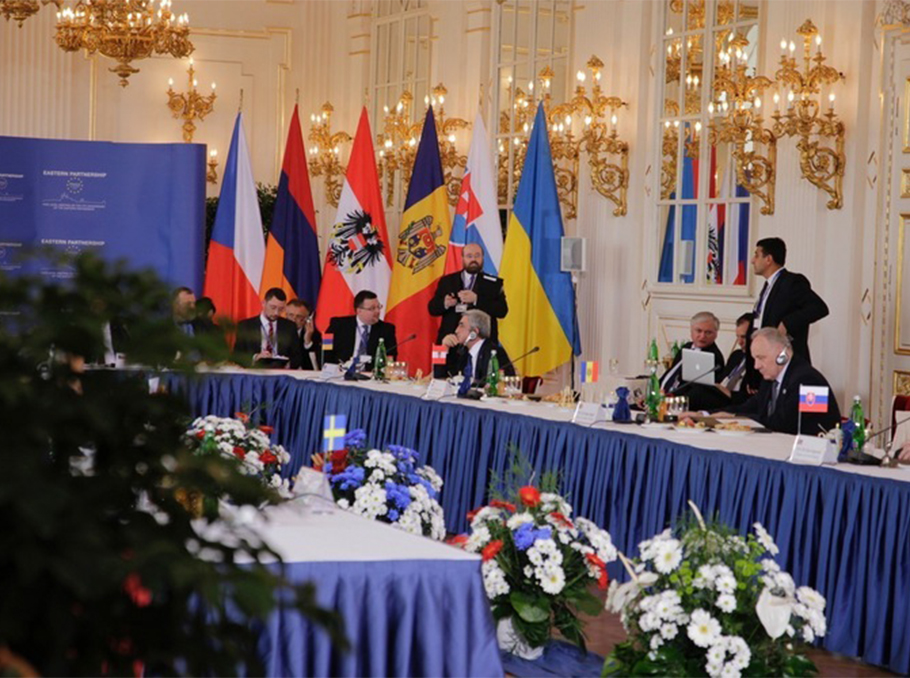 Serzh Sargsyan at the Eastern Partnership Summit in Prague
Serzh Sargsyan at the Eastern Partnership Summit in Prague Photo: Armenian President’s press service
“We believe that none of the partner states should be obliged to pay a price for the decision it made conditioned by the degree of its involvement in the given integration process. We don't want to choose among friends; rather we want to have as many friends as possible. I am convinced we have chosen the right path. Eastern Partnership is not only Association Agreement. That is only a tool. When we announced the approach of ''and...and'', we meant an opportunity of alternative choice and not the choice of this or that tool of cooperation. I am certain that if we remain committed to shared values and respect each other's decisions and choice, our cooperation will proceed in the right path,” Sargsyan said during the Eastern Partnership Summit in Prague.
Ara Tadevosyan














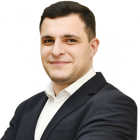

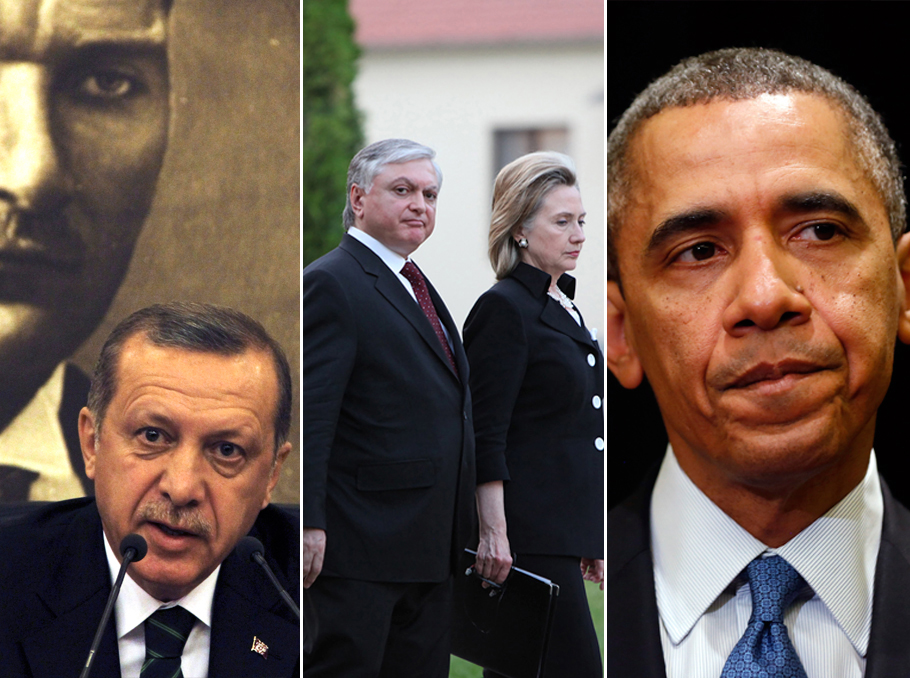

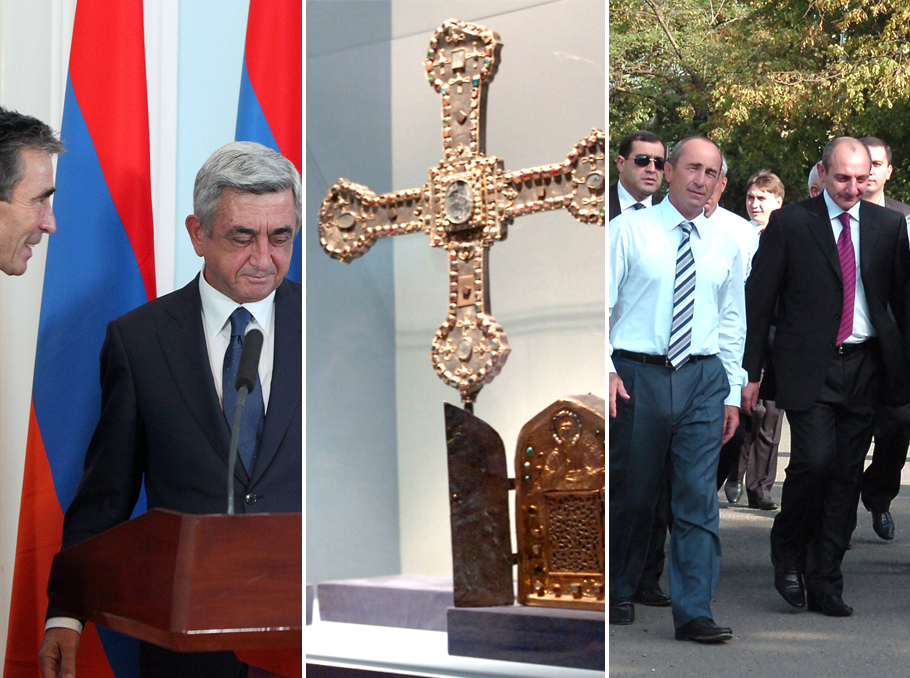
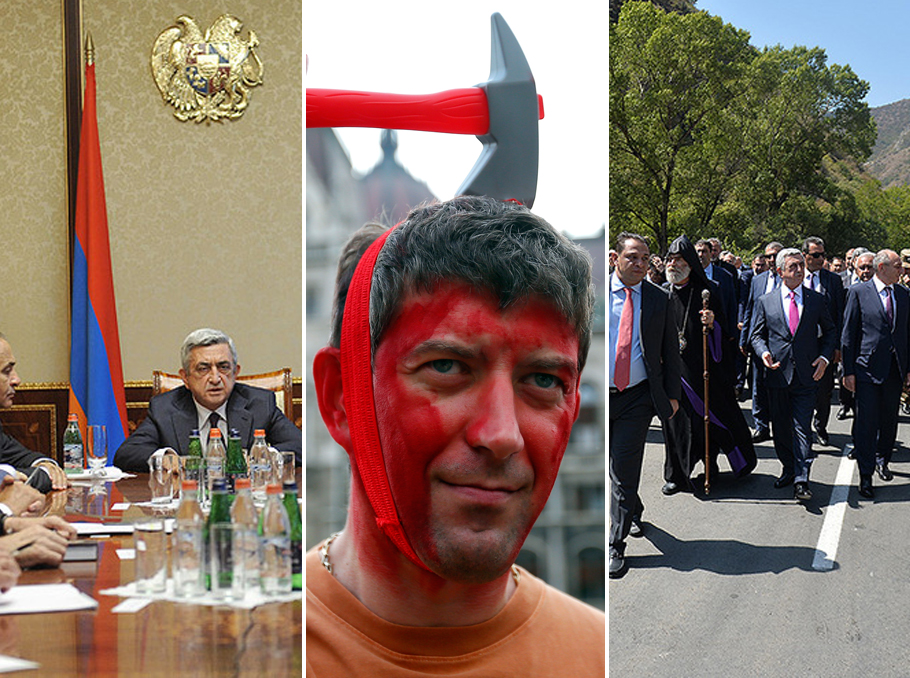
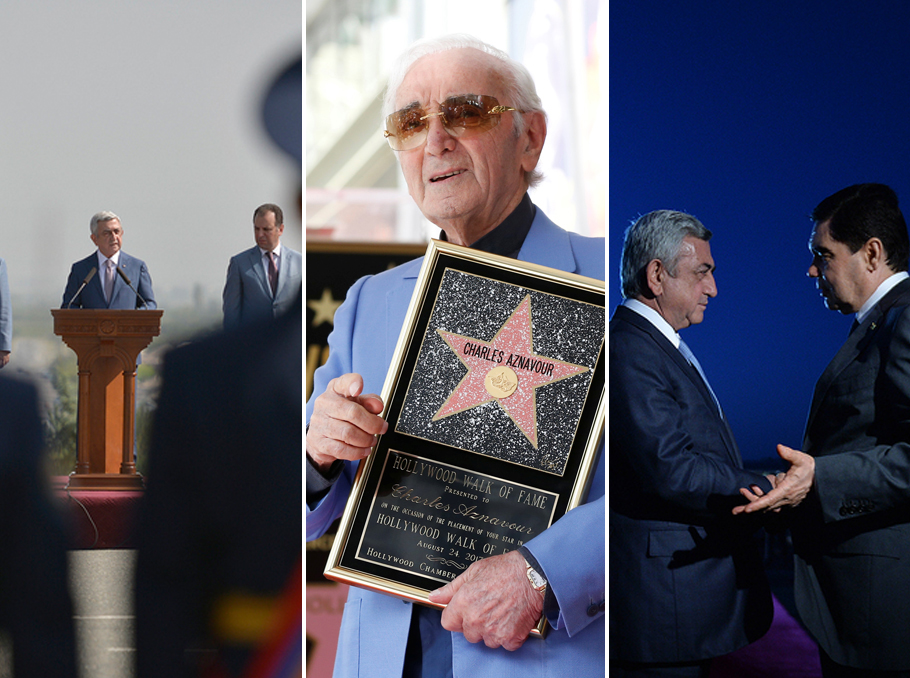
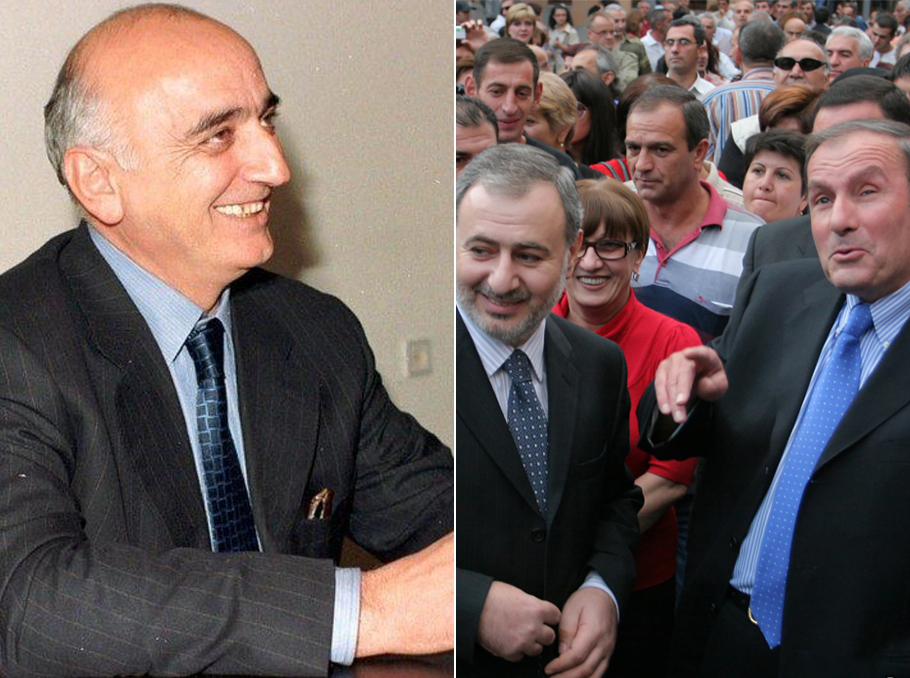
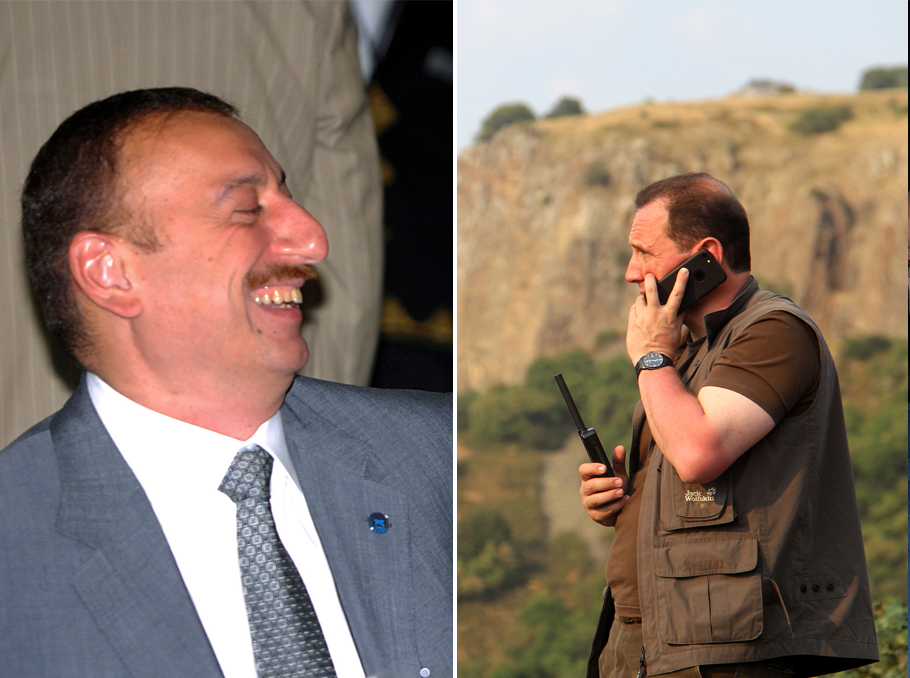





Comments
Dear visitors, You can place your opinion on the material using your Facebook account. Please, be polite and follow our simple rules: you are not allowed to make off - topic comments, place advertisements, use abusive and filthy language. The editorial staff reserves the right to moderate and delete comments in case of breach of the rules.